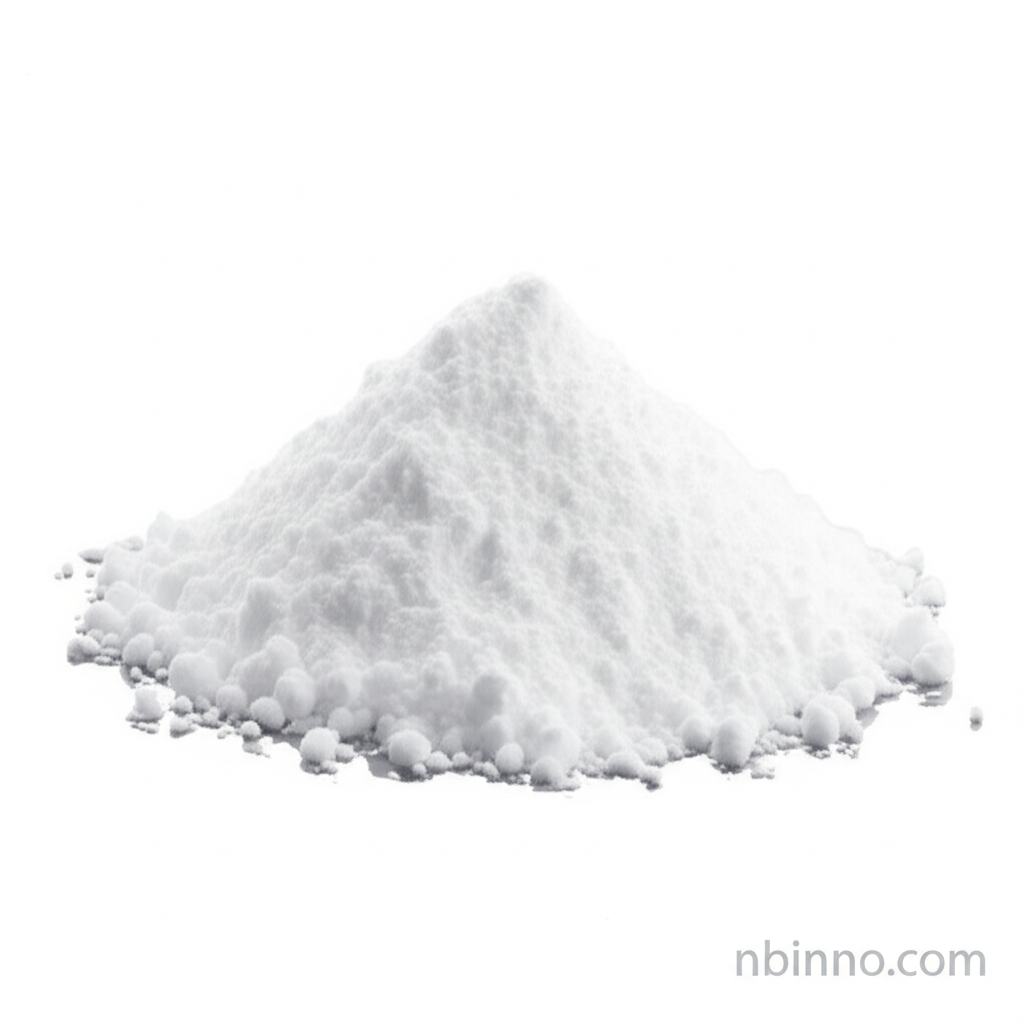Understanding Umifenovir Hydrochloride: A Comprehensive Guide to its Antiviral Properties and Applications
Explore the science behind Umifenovir HCl, a key antiviral agent for influenza and emerging viral threats.
Get a Quote & SampleProduct Core Value

Umifenovir Hydrochloride
Umifenovir Hydrochloride, also known as Arbidol HCl, is a significant antiviral compound recognized for its broad-spectrum activity. It plays a crucial role in inhibiting the entry of enveloped viruses into host cells by preventing viral fusion with the host cell membrane. This mechanism is vital in its application against influenza and has shown promise in combating other viral infections, including SARS-CoV-2 in vitro, making it a subject of extensive research in the pharmaceutical industry.
- Explore the Umifenovir HCl antiviral mechanism, detailing how it disrupts viral entry pathways and replication cycles for enhanced therapeutic development.
- Learn about Arbidol HCl in vitro SARS-CoV-2 efficacy, understanding its potential role in addressing emerging viral outbreaks and pandemics.
- Discover the applications of Arbidol HCl for influenza treatment, highlighting its established use and ongoing research in managing seasonal and pandemic influenza strains.
- Gain insights into Arbidol HCl drug interactions and side effects, providing essential information for safe and effective clinical application.
Key Advantages
Broad-Spectrum Efficacy
Umifenovir Hydrochloride demonstrates potent activity against a wide range of viruses, including influenza A and B, making it a versatile tool in antiviral therapy and research, as supported by studies on its broad-spectrum antiviral activity.
Inhibits Viral Fusion
A primary advantage is its mechanism of action: inhibiting viral fusion with host cells. This unique approach is key to its effectiveness, as detailed in research on viral fusion inhibitors.
In Vitro Efficacy Against SARS-CoV-2
Recent studies highlight its in vitro SARS-CoV-2 efficacy, positioning it as a compound of interest for potential therapeutic strategies against novel coronaviruses.
Key Applications
Influenza Treatment
Widely used in Russia and China, Umifenovir Hydrochloride is a cornerstone in the management of influenza infections, contributing to faster recovery and symptom reduction, as seen in its Arbidol HCl for influenza treatment.
Antiviral Research
Its demonstrated in vitro activity against various viruses, including SARS-CoV-2, makes it a valuable compound for ongoing antiviral research and drug discovery initiatives, supporting in vitro antiviral efficacy testing.
Pharmaceutical Intermediate
As a critical pharmaceutical intermediate, it serves as a building block in the synthesis of advanced antiviral drugs, supporting the Arbidol HCl drug interactions and side effects research and its buy Arbidol HCl for research needs.
Respiratory Viral Infections
Beyond influenza, its broad-spectrum nature suggests utility in addressing other respiratory viral infections, making it a compound of interest for public health preparedness.
